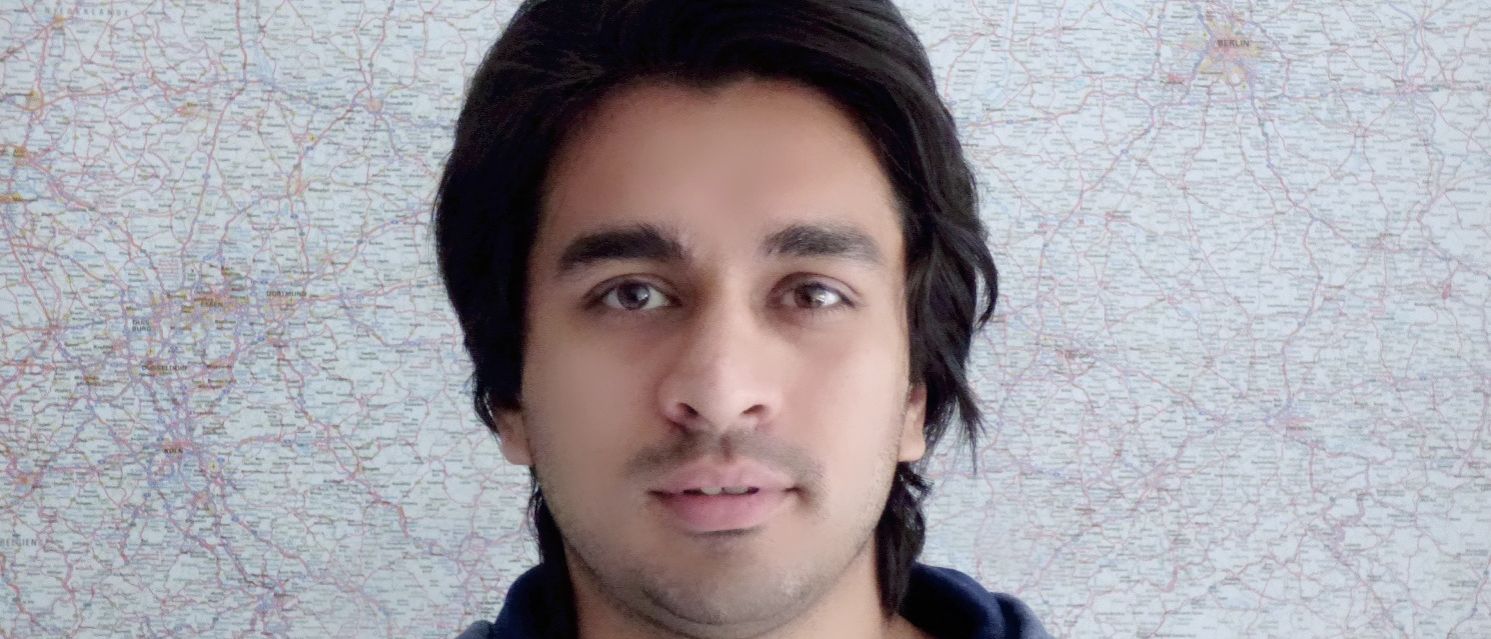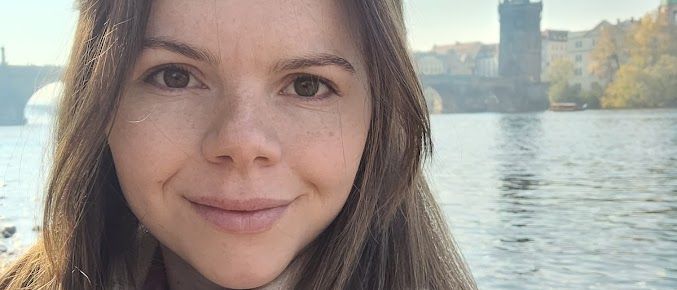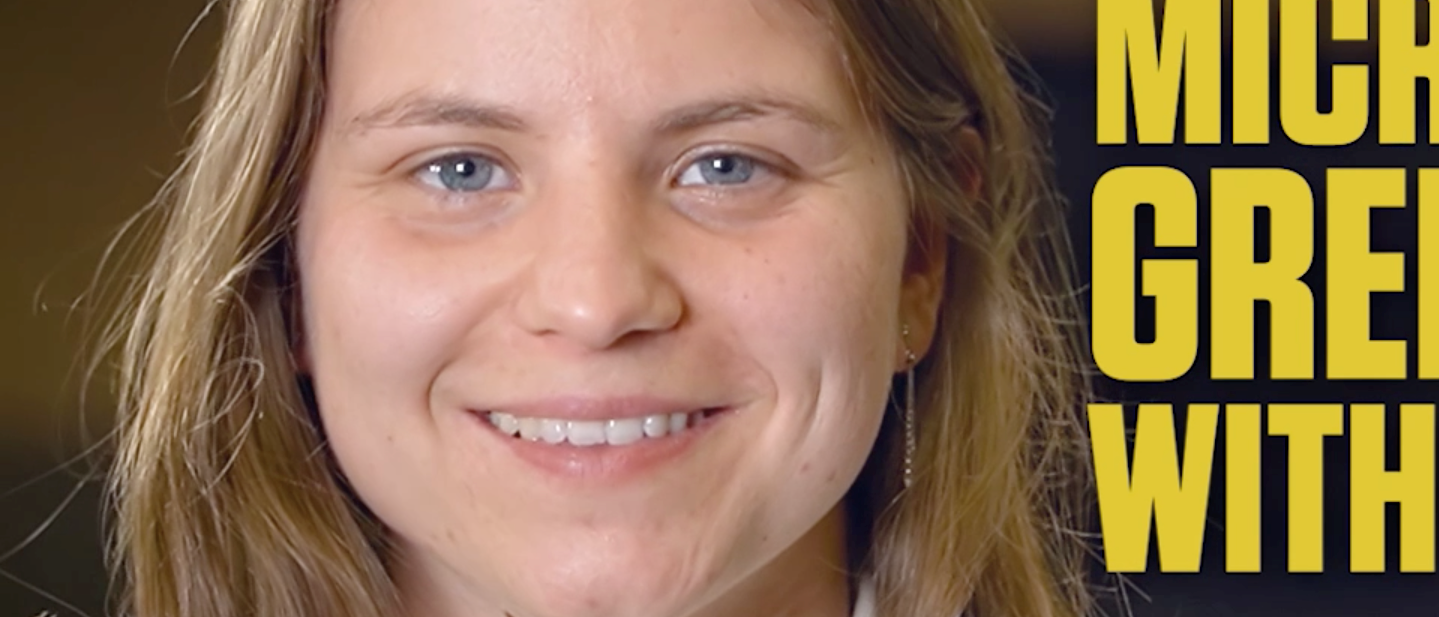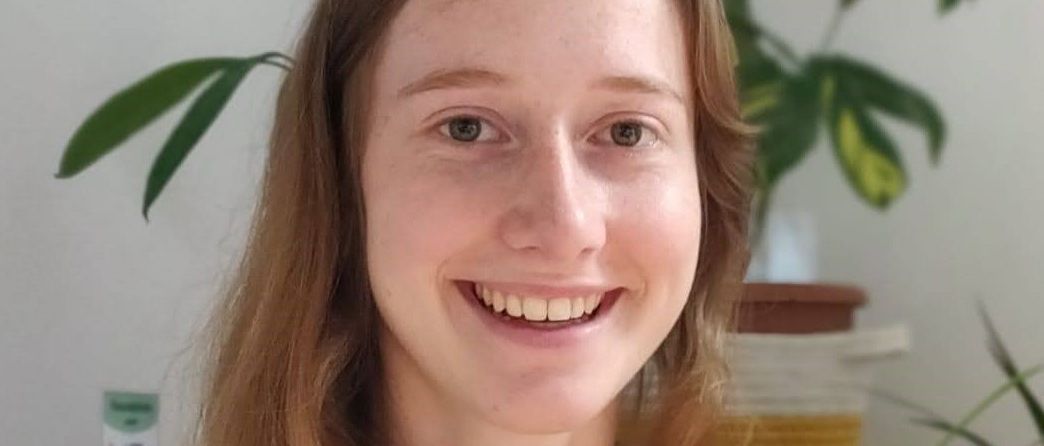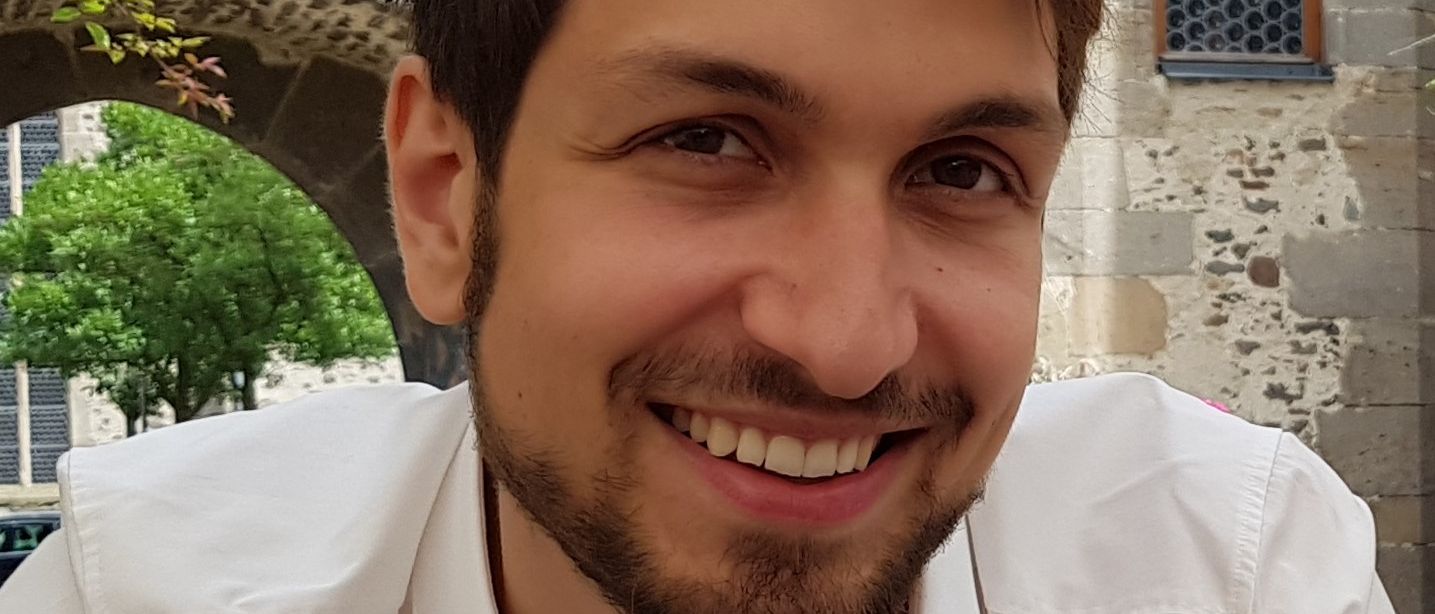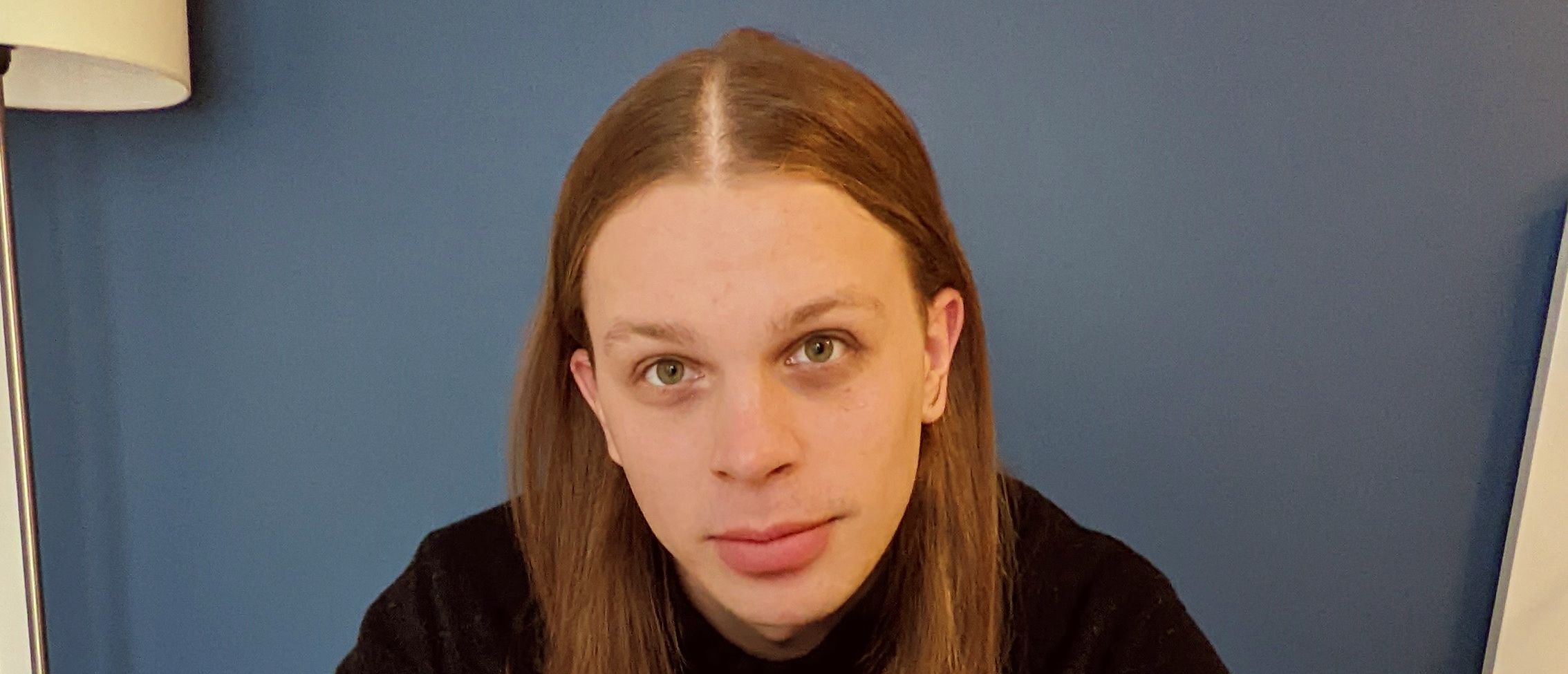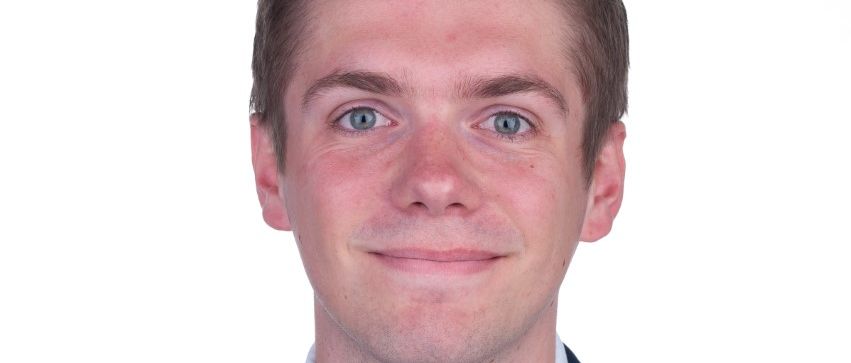International researchers for Flanders
The group of VITO researchers covers more than 40 different nationalities. In our PhD-Postdoc group around 50 % of the researchers come from outside of Belgium. They are attracted to VITO by our ‘cleantech development’ programme and the strong link with real applications. We encourage them to move on to companies in Flanders.
Grow and Go
Each year, new young researchers choose to start at VITO to boost their future careers. VITO has an extensive doctoral programme in collaboration with universities all over Europe. Yearly more than 70 PhD projects are running. Postdoc talent is recruited from all over the world to leverage our excellence. While working at VITO, young researchers are stimulated and supported to develop their competences and hard and soft skills. They leave VITO, ready for careers in both the academic world and industry.
Improving the performance of lithium-sulfur batteries by thin coating of sulfur particles using a sustainable and scalable process
Current cancer diagnostics using liquid biopsies
Overcoming gas-to-liquid mass transfer limitations in syngas fermentation
Discovering new biomarkers for dementia diseases
Automated design of district heating networks through topology optimization
Algorithmic game and distributed learning for peer-to-peer energy trading
Optimally integrating renewable energy in electricity markets

